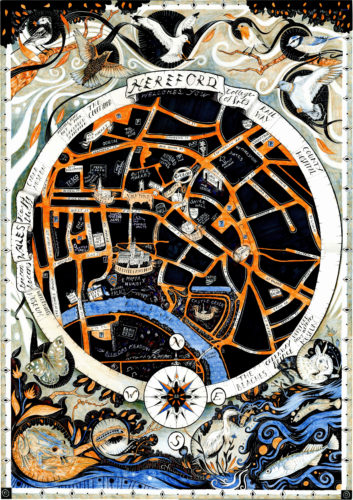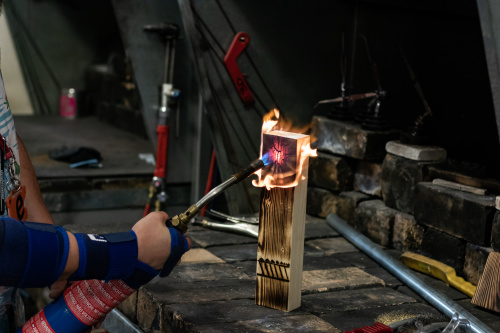Student Union Campaigns: 12 Days of Christmas…Staying Safe Day 6: Emergency Contraception!
Published on 06.12.15
We are halfway through our 12 days of Christmas…Staying Safe campaign. Today’s blog is to let you know what form of emergency contraception is out there if you ever need it, and to help you choose which method might be best for you. There are 3 main types that I will be talking about today,
Categories
We are halfway through our 12 days of Christmas…Staying Safe campaign. Today’s blog is to let you know what form of emergency contraception is out there if you ever need it, and to help you choose which method might be best for you.
There are 3 main types that I will be talking about today, they are: The emergency contraceptive pill – Levonelle, emergency contraceptive pill – ellaOne, and emergency IUD. These emergency contraceptives are to be used if you have had unprotected sex or if you think your contraceptive may have failed. Emergency contraceptive can be very effective, the sooner after sex the more effective it will be.
Some people think that taking emergency contraception will cause you to have an abortion This is untrue; it is used to stop ovulation, fertilisation of an egg, or a fertilised egg from implanting in the uterus.

Levonelle is a tablet that contains a hormone called Progestogen. This is just one ill that can be taken within 3 days (72 hours) of having unprotected sex. When taking this pill there are no serious long term side effects, some women may feel sick, dizzy, get headaches, breast tenderness, or abdominal pain. It may also alter your next period, which may result in your next period being either a few day early or up to a week late. Although Levonelle is very effective there is a chance that it can fail, for example if you vomit within 2 hours of taking this pill it will not of been absorbed.
EllaOne is also a tablet. It contains Ulipristal acetate, and you only have to take one tablet. This tablet can be taken within 5 days (120 hours) after having unprotected sex, unlike Levonelle. After taking this tablet, there may be a few side effects, although not everyone will experience them. These side effects include painful periods, mood swings, muscle and back pain, but any side effects should go away within a few days, and in rare occasions your periods may be a few days early/few days late. If your period is any later than a few days it is best to go and see a doctor or a nurse.
IUD is a small plastic and copper device, which is fitted into the uterus up to 5 days (120 hours) after unprotected sex, or 5 days of the earliest time you could have released an egg. The IUD takes about 15 – 20 minutes to be fitted, which can be uncomfortable. After having it fitted there are potential side effects, such as period-like pains and light bleeding, but this can be easily controlled with painkillers. This method should not effect your period, and you should come on your period the same time as you normally do.
With all of these methods it is important that you take notice of when you are next due on your period, as if you are any more that 7 days late you should see a doctor or nurse. All of these emergency contraceptives are free on the NHS from any general practices, contraceptive clinics, Brook clinics, Sexual health clinics and GUM clinics, although ellaOne and IUD aren’t always in supply. Levonelle is free from most NHS walking clinics, most pharmacies, NHS minor injuries units, and some A&Es, although you can also you can buy them for a cost of £25 from most pharmacists.
Click here for a help guild to Emergency Contraception, from the FPA.
Thanks for reading.
Emily (Campaign Officer)












